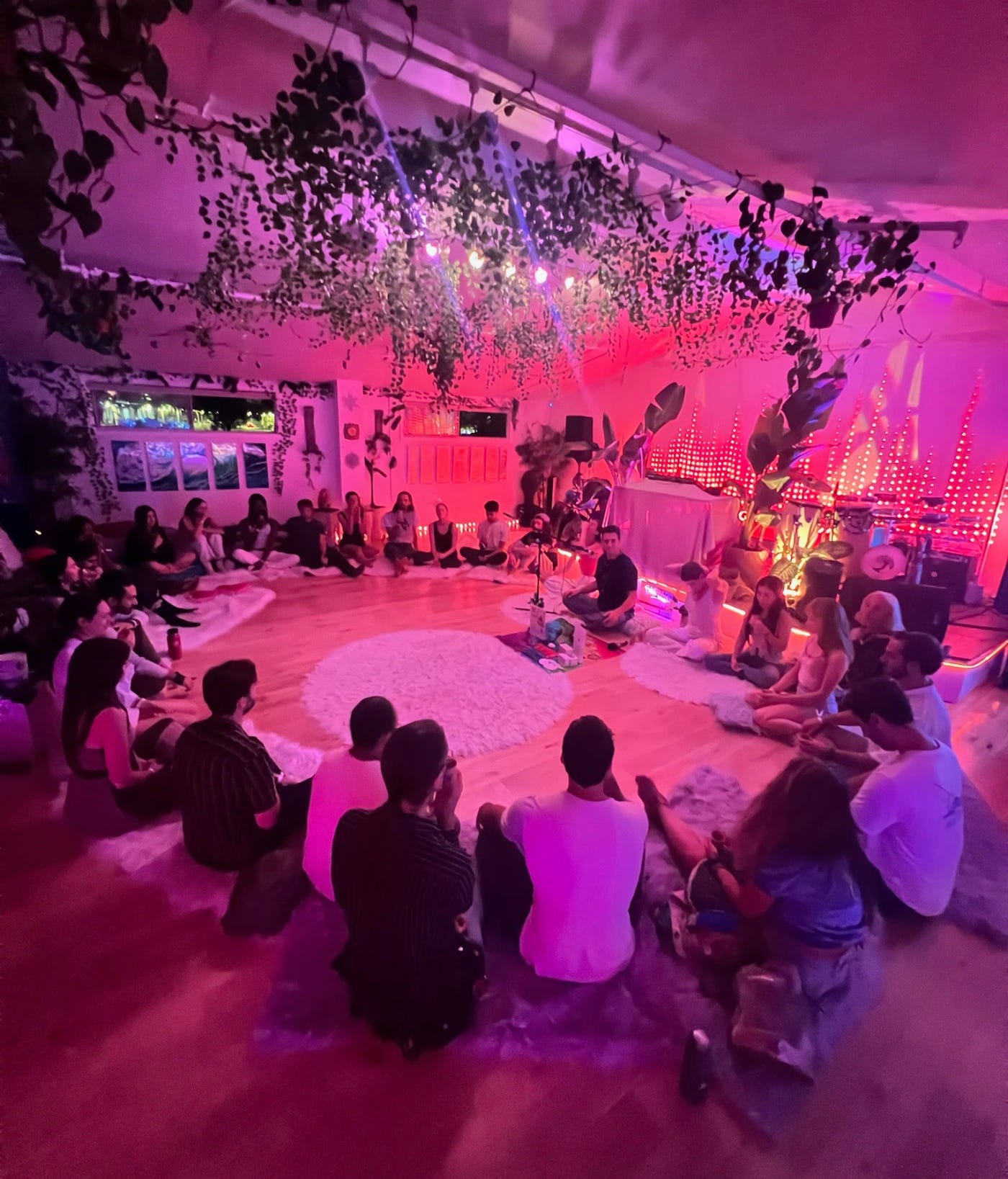Radicle Science Brings Data to the ‘Cali Sober’ Movement: Where Booze is Out, but Alternatives are In
Radicle Science offers a "Proof-as-a-Service" platform that conducts large-scale, placebo-controlled clinical trials to validate the safety and efficacy of non-prescription health products.

As awareness of alcohol’s health risks increases, a growing number of people—especially millennials and Gen Z—are turning to alternatives like cannabis, psychedelics, and adaptogenic beverages. The ‘Cali sober’ trend has gained traction, with the Wall Street Journal reporting a 92% rise in sober-curious events on Eventbrite. Meanwhile, the U.S. surgeon general has warned that alcohol is a leading preventable cause of cancer, prompting many to rethink their drinking habits. But while alcohol has been extensively studied, these new alternatives lack the same level of scientific scrutiny—and that’s where Radicle Science is stepping in.
Why the Sober-Curious Movement Needs Science
In cities like Los Angeles, Austin, and New York, more people are opting for mood-enhancing mushroom chocolates, ketamine microdoses, and cannabis-infused beverages over traditional cocktails.
“I kind of just decipher what types of substances are going to raise my frequency and what isn’t,” Lauren Brenc, a 30-year-old Topanga Canyon resident, told the Wall Street Journal. She now hosts alcohol-free pop-up parties where guests consume psychedelics instead of drinking.
Others, like investor Ford Smith, CEO of Ultranative, a venture firm focused on alternative medicine, have experimented with psychedelics for mental health benefits.
But while many people claim these substances offer relaxation or improved well-being, scientific validation is needed to understand their true effects, both positive and negative.
Radicle Science is Bringing Rigor to Alternative Wellness
Unlike alcohol, which has been studied for decades, research on cannabis, psychedelics, and newer wellness beverages remains limited.
“We’ve been contacted by companies looking to study euphoria enhancement from nonalcoholic products that contain legal ingredients,” said Dr. Jeff Chen, CEO of Radicle Science, in the Wall Street Journal.
Radicle Science conducts real-world clinical trials on consumer wellness products to study their effects on relaxation, mood enhancement, stress reduction, and cognitive function.
They’ve already conducted studies on:
Hemp-infused beverages
Nootropic supplements
Adaptogenic tonics
Now, with more brands looking to develop alcohol-free products that claim to offer a “buzz” without the health risks, Radicle Science is providing the data to separate fact from hype.
The Risks and Unknowns of Psychedelics in Social Settings
While some studies suggest cannabis and psilocybin may be less addictive than alcohol, ketamine use in social settings is much less understood.
Dr. Chen cautioned in the WSJ article that recreational ketamine use carries significant physical and mental health risks, particularly because it’s still a relatively new trend.
Ford Smith, an investor in Radicle Science, learned this the hard way. “I know countless numbers of people who’ve either been in the same addiction with ketamine or are struggling with it currently,” he told the Wall Street Journal. “People are a little too laissez-faire about how they’re using ketamine.”
Smith was sober until he was 26, when he started using cannabis to treat depression and ADHD. Later, he experimented with psilocybin, ayahuasca, and iboga, saying they eased his anxiety. But after first trying ketamine in Tulum in 2017, he became addicted, using it daily for over two years before going to rehab.
His story highlights why rigorous research is needed—not just to confirm potential benefits but to identify risks as well.
Bringing Data to the Future of Wellness
As consumer demand for sober-friendly products rises, Radicle Science is providing critical data to ensure these alternatives are:
Effective—Do they actually work?
Safe—Are there long-term risks?
Reliable—How do they compare to alcohol?
As more states consider loosening regulations on psychedelics, brands are looking for scientific validation—and Radicle Science is leading the charge.
Whether Cali sober is a long-term lifestyle shift or a passing trend, one thing is clear: People want better alternatives to alcohol—and they deserve scientific answers. By conducting real-world clinical trials, Radicle Science is bringing data-driven clarity to an industry full of anecdotal claims—ensuring consumers can make informed choices about their wellness.
Read more on Wall Street Journal
Listen to Scott Hartley with Jeff Chen on the Venture Everywhere podcast: Radicle Proof in the Pudding. Now on Apple & Spotify and check out all our past episodes here!

